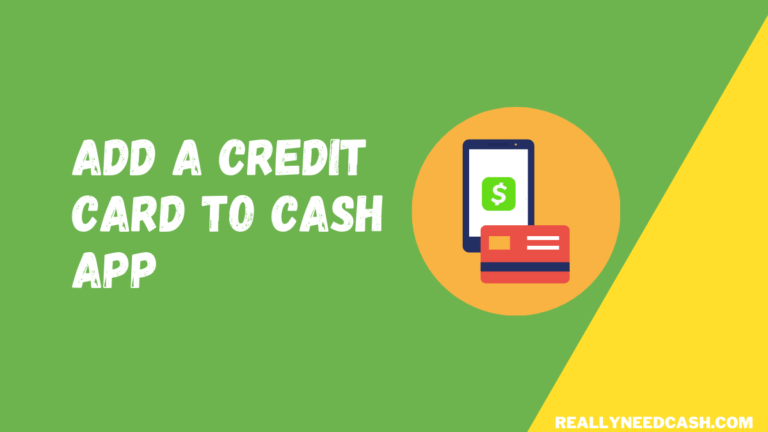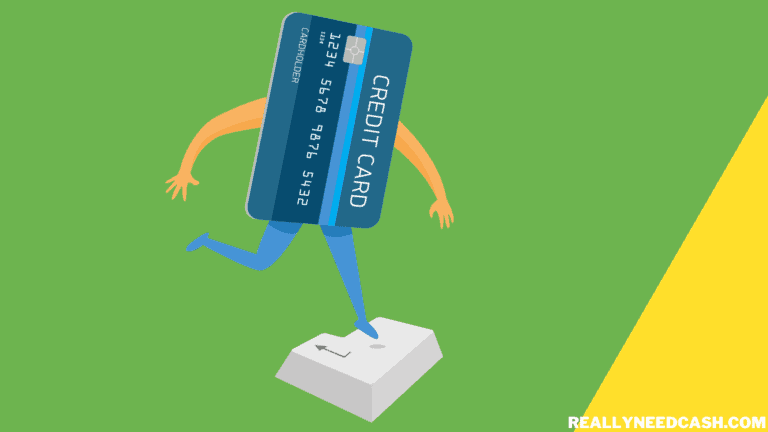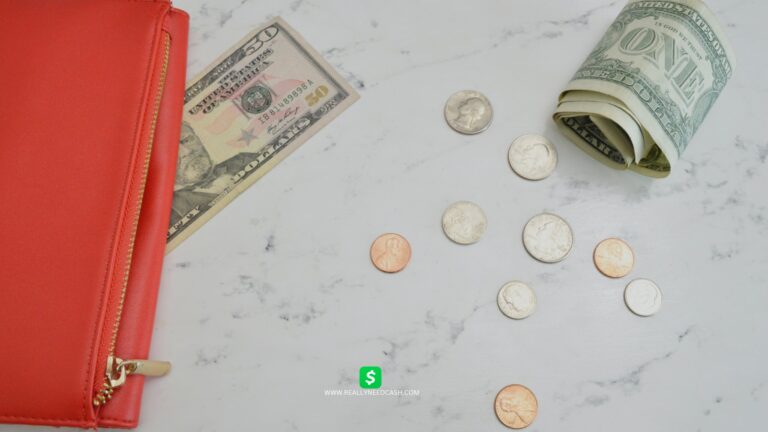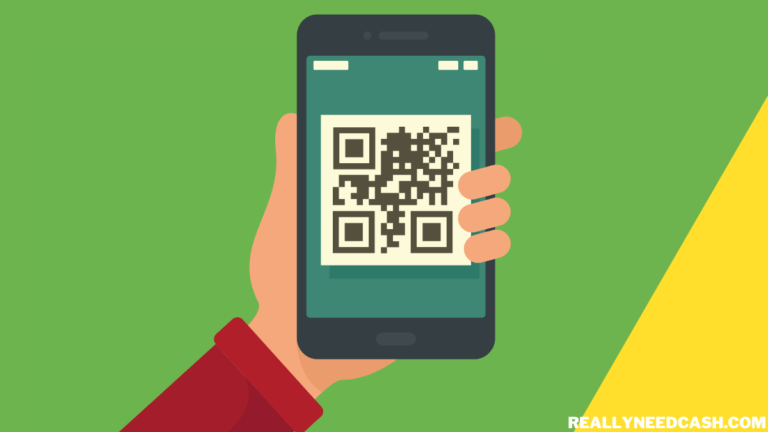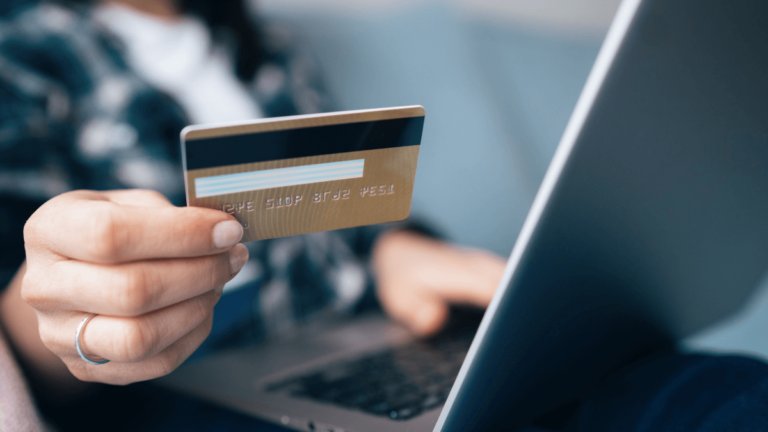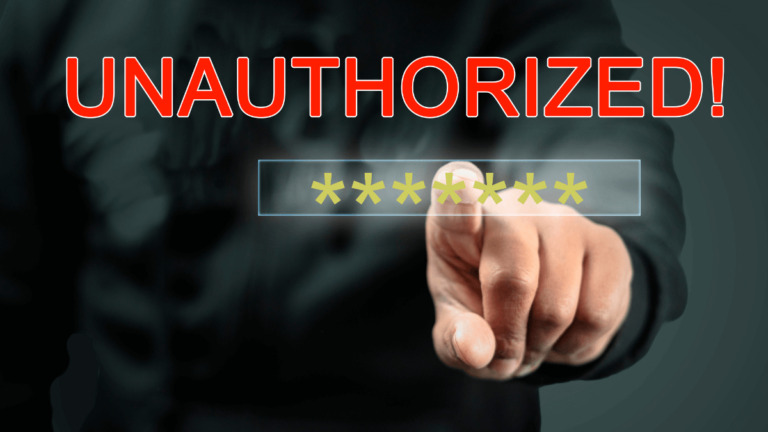As contactless payment methods become more and more preferred by the public, apps like Cash App have also gained massive popularity thanks to the extreme convenience they offer.
Cash App allows its users to send and receive money directly without requiring bank approval. You don’t even have to meet or know the person you’re giving or getting money from!
This brings us to today’s question, is it safe to give out your cash app tag?
Yes, It is generally safe to give out your $Cashtag with others without including sensitive information like credit card number, Cash app pin code, phone number, or email address in your Cash App tag. Be wary of who your share as they are highly sensitive and should be kept private at all times.
Things will get problematic only if you provide information beyond your Cash App tag.
Keep reading to learn more about the safety of giving out your cash app tag, how it can put your money at risk, and how to avoid Cash App tag scams.
RELATED READ: Why Would Someone Ask for Your Cash App Tag? 2 Possible Reasons
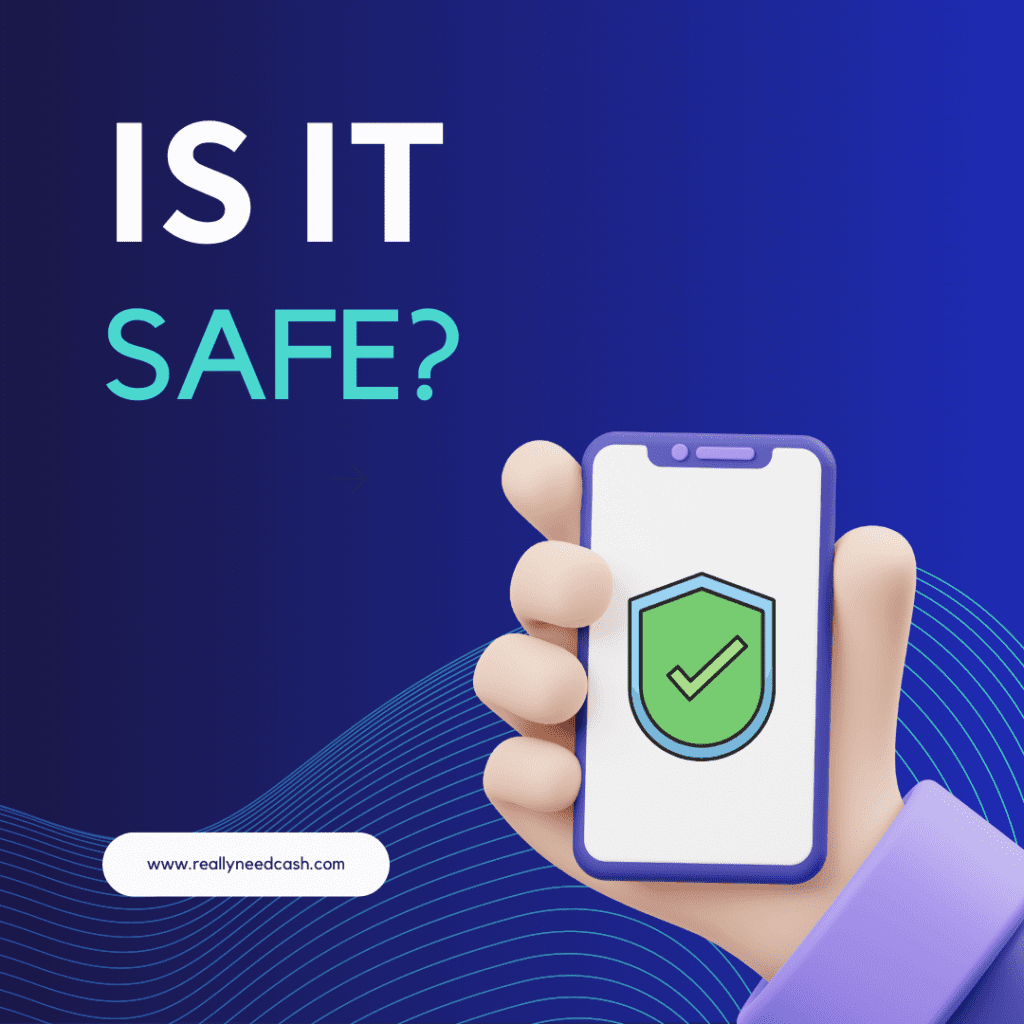
What Is a Cash App Tag?
Also referred to as a $Cashtag, a Cash App tag is a user’s identifier that’s unique to their account alone. Think of it as a one-of-a-kind name that only you use within the app.
There are a few requirements to when you create a Cashtag. Here are a few examples.
When creating a Cash App tag, you’ll need to stick to a few conditions as follows:
- Your Cash App tag must start with a “$”.
- Your Cash App tag can’t be longer than 20 characters.
- Your Cash App tag must contain at least 1 letter.
Keep in mind that sending and receiving money via the Cash App requires your tag, so make sure you can easily remember it.
Once you’ve set up a Cash App tag, you’ll be automatically assigned a special URL link to share with people you’re dealing money with. Through this link and a mere tap or click, you get to send and receive money safely and securely.
Is It Safe to Send Someone Your Cash App Tag?
Giving out your Cash App tag to someone should be safe as long as this is the only piece of information you share with the person. Any additional details regarding your Cash App account or bank account can put you at serious risk of scams or hacks.
To make it clear though, it’s normal for people to ask for your Cash App tag. This is how sending and receiving money securely works on the app, so someone who legitimately wants to send you money will definitely need it.
That said, it’s not normal for a person to ask you to disclose any other information. If they do, they’re probably trying to scam you.
Thieves and fraudsters typically start their scams with an innocent request for your Cash App tag. From there, they’ll begin to try to trick you into sharing more information such as your sign-in code, your email address, your card number, and so on.
They’ll often disguise it as requirements for a giveaway prize or something along these lines. Don’t get fooled — you shouldn’t share any app or bank account details other than your Cash App tag with anyone.
Can Someone Scam You With Your Cash App Tag?
With your Cash App tag alone, no one can scam you. The keyword here is “alone”.
You’ll be at risk of getting scammed the instant you share any extra information being your Cash App tag. This can happen if you keep engaging with the scammer.
After giving them your Cash App tag, a scammer will start asking for more details.
They may act all “professional” by impersonating a customer service agent and directly ask you to send them your PIN to verify a certain money transfer. They may also lure you into sending them a small amount of money to access a fake payment or giveaway prize.
There are dozens of ways scammers can try to trick users, but it always involves suspicious requests for additional information or upfront payments. Scammers can’t do anything harmful with just your Cash App tag, so they fish for more.
RELATED READ:
- How to Get Money Back on Cash App if Scammed?
- Can You Get Scammed With Bitcoin on Cash App?
- Can You Get Scammed on Cash App Sugar Daddy?
- 3 Common Cash App Scams on Facebook Messenger: How to Report?
Can Someone Hack Your Cash App Account With Your Tag?
Hacking your Cash App account is impossible with only your tag. If someone is trying to access your Cash App account, they’ll need additional information such as your email address, your PIN code, and your phone number.
Giving out your Cash App tag alone won’t put you at risk of getting your account hacked, it’s when you share more details that trouble starts. So, make sure you never disclose any extra information to others.
Can You Change Your Cash App Tag?
Yes, you can change your Cash App tag, but you’re typically allowed to do that 2 times only.
The reason for a limited number of changes is to keep one user’s previous tag from being claimed or misused by another user.
To change your Cash App tag, you’ll need to contact customer support to assist you with the matter. Be sure you seek out agents via the official website or the official app only, otherwise, you may be the target of a scam.
How to Avoid Cash App Tag Scams?
The following tips will prevent you from falling victim to scams on Cash App:
- Don’t share information other than your tag with anyone
- Don’t chat with strangers promising giveaways or prizes
- Don’t pay upfront for products you haven’t seen
- Don’t pay a “deposit” to receive a money transfer
Wrap Up
So, is it safe to give out your Cash App tag?
As you can tell by now, the issue isn’t with sharing your Cash App tag with anyone, even if it’s a stranger. The potential risks of scams and hacks start when you provide additional information along with your tag.
Unfortunately, the ease of dealing with money via Cash App also made it a sitting target for thieves and fraudsters. Scams are a real threat to users of the app, so you need to take all the necessary measures to protect your money.
This means that giving out your Cash App tag is as safe as you make it. As long as you don’t provide any extra personal information, bank account credentials, or Cash App account details such as your PIN, credit card number, or email address, your money should stay protected.

